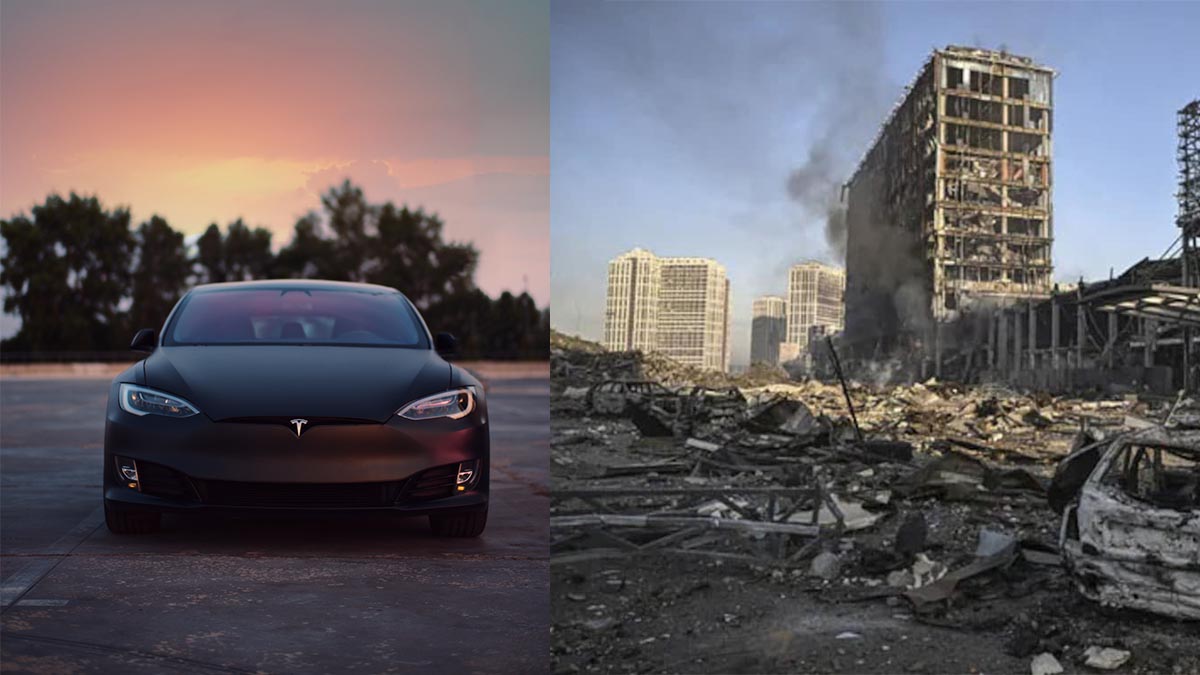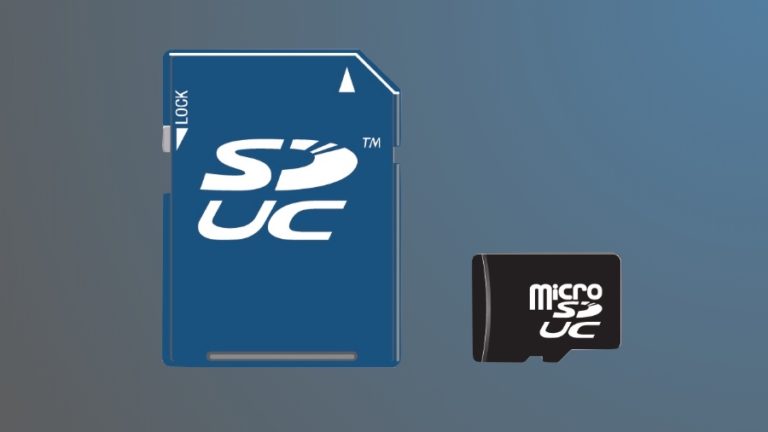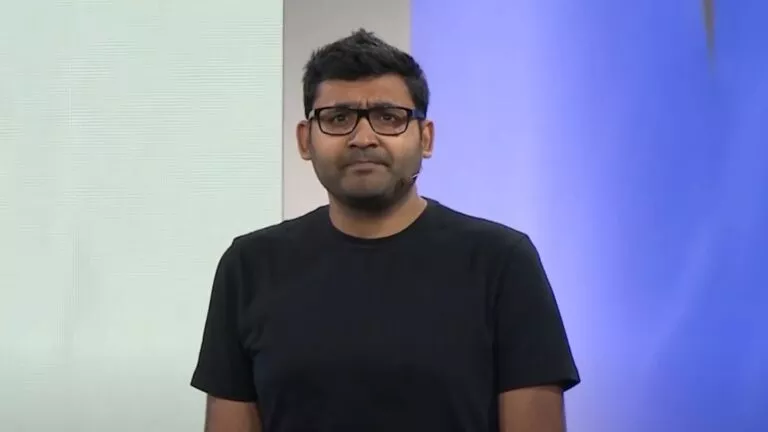The Russia-Ukraine War Is Making Cars More Expensive

Due to Russia’s invasion of Ukraine, many companies have ended terms with the country. The ongoing situation in the region has also led to disturbances in global supply chains, which is why companies are facing a shortage of rare Russian materials.
A Kanagawa Prefecture-based maker of Lithium-ion batteries for electric automobiles, AESC Group, is one of the companies impacted by the supply chain disruptions.
Likewise, Kawasaki Heavy Industries is also considering a switch from Russian titanium to a substitute material. Rising prices for resources could have a significant impact on multiple other industries as well
Price hike
Japan’s Envision AESC Group has announced price hikes in its products due to the shortage of scarce materials. Envision AESC asked purchasers of its car batteries, like Nissan Motor, to work with a price hike of up to 10%.
This move came after the price of lithium hydroxide went up because of the growing demand and concerns about supply from Russia. Lithium hydroxide is the fundamental component used in the manufacturing of lithium-ion batteries.
The high-purity lithium specifically used for EV batteries is short in supply. Compared to last year, the substance’s price has increased tenfold. But this isn’t the only material experiencing a price increase; other metals, like rates of copper and nickel, are also going up.
Rare-earth metals
The main concern of industry specialists is Russia’s supply of rare-earth metals. Kawasaki is contemplating sourcing titanium from other countries, which account for over 40% of global output. Although the company has not faced restrictions in obtaining titanium from Russia, it has to deal with future political risks from the region.
Another material is Palladium, and Russia accounts for 40% of the global supply. It is essential in producing catalytic converters used in car exhaust systems. Before this, a surplus of Palladium was expected due to decreased production. However, prices increased due to the decrease in Japanese imports.
Mitsubishi Motors is one company trying to get its hands on a stable supply through other means, but there are limitations to these efforts. The car company is also working on developing exhaust systems that require less Palladium.
It is not just Palladium and titanium that are targets of the Western import ban. The trend of avoiding Russian materials is spreading following the current political fiasco in the region.






